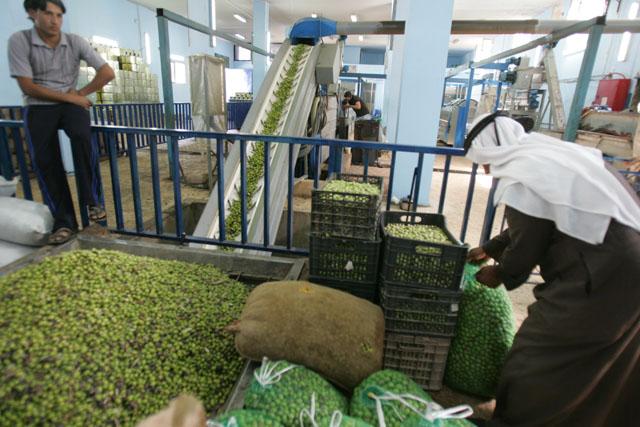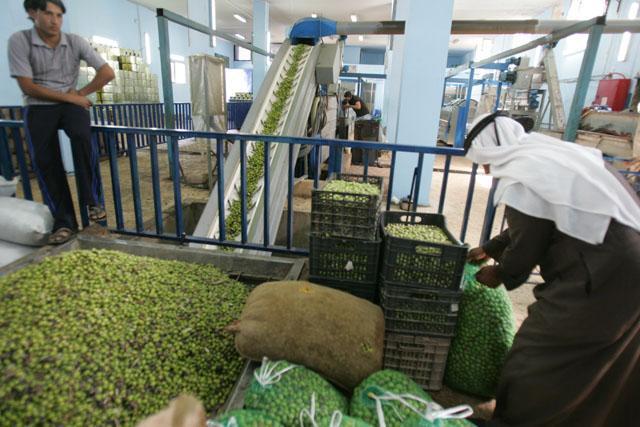You are here
Olive mill owners maintaining ‘zibar’ disposal compliance — syndicate
By Mays Ibrahim Mustafa - Nov 03,2023 - Last updated at Nov 03,2023
AMMAN — The Olive Oil Producer and Mill Owner Syndicate indicated on Thursday that as the current olive season progresses, there have been no reported violations in the disposal of olive mill wastewater, commonly known as “zibar”.
All mill owners in Jordan are bound by law to dispose of olive mill wastewater in two landfills, determined by the Ministry of Agriculture, the syndicate’s spokesperson Mahmoud Al Omari told The Jordan Times.
He added that tanks operated to transport this wastewater are equipped with GPS tracking devices to ensure that it is disposed of at the designated landfill. These devices are monitored by the Environmental Police Directorate.
An oily waste generated during the olive oil extraction process, zibar is black or reddish black, with a strong offensive smell, a high percentage of fat, oil and grease as well as a high organic load, which is 400 times higher than that of domestic wastewater.
If it spreads on soil or is dumped in wadis, zibar can cause serious environmental problems and reduce soil fertility as it contains many chemicals.
The month of December witnesses the maximum zibar generation due to the rise in olive oil production.
The Ministry of Water and Irrigation had issued a statement earlier this month, affirming the importance of enhancing coordination between concerned entities ahead of the olive milling seasons to protect water resources from illegal practices in disposing of “zibar” water.
There are 146 olive mills across the Kingdom operating 296 production lines, according to Omari. He pointed out that the cost of transporting “zibar” water is JD5 per 1 cubic metre.
Minister of Agriculture Khalid Hneifat opened the olive milling season for this year on October 17, the Jordan News Agency, Petra, reported.
Omari predicts that this year is will yield roughly 33,000 tonnes of olive oil, compared with 25,000 tonnes last year, marking an over 30 per cent increase. He added that the price of a 16kg tin of olive oil ranges between JD85 to JD95, depending on quality as well as supply and demand.
Olive mills operate during the harvest season which extends over a 75-day period between mid-October and mid-January.
Related Articles
Although Jordan ranks as the eighth largest olive oil producing country in the world, it still lacks proper facilities for the treatment of zibar, an oily waste generated during the olive oil extraction process, according to a study.
AMMAN — As the olive-milling season in Jordan comes to an end, experts warn against the dangerous effects of the waste it generates and call
AMMAN — Agriculture Minister Rida Khawaldeh and Environment Minister Yaseen Khayyat on Sunday discussed proposed solutions to the envi
















